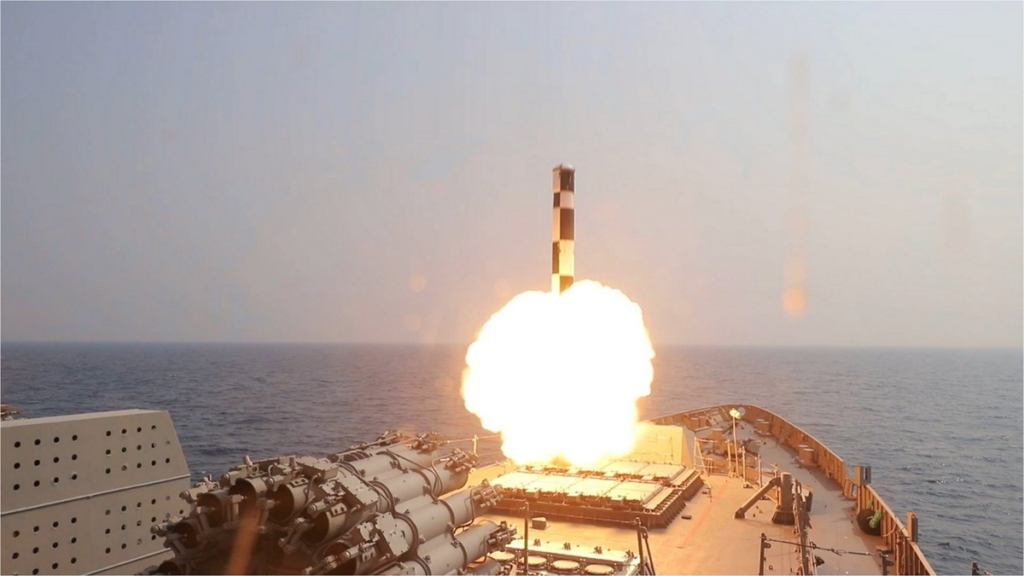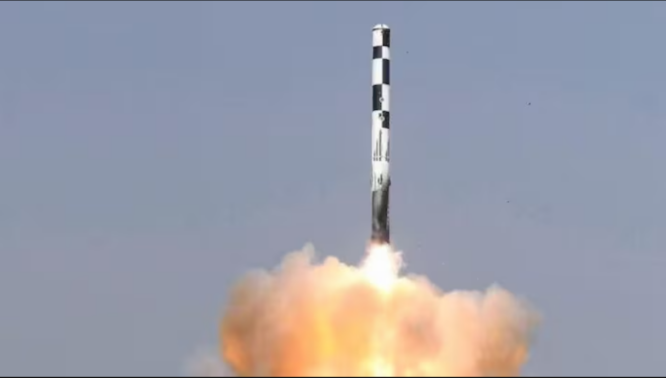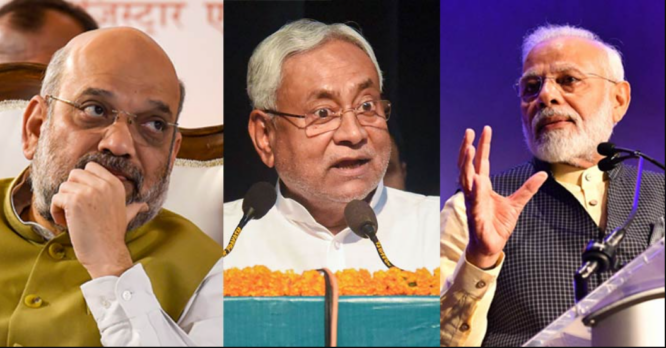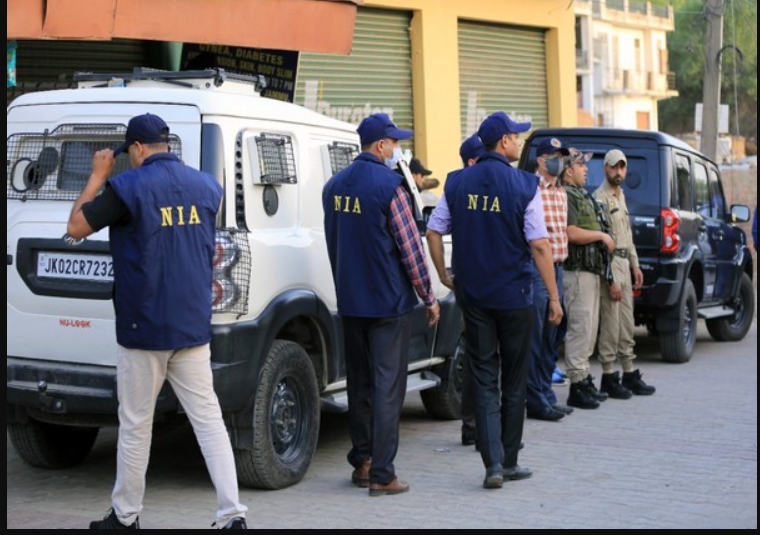The Central Government on Monday defended the dismissal of three officers of the Indian Air Force (IAF) for gross negligence and informed the Delhi High Court that the accidental firing of a BrahMos combat missile into Pakistan last year resulted in a loss of Rs 24 crore to the state treasury as well as damage to the relationship with Pakistan’s neighboring country.
According to Hindustan Times, the Centre opposed in a brief affidavit a petition lodged by Wing Commander Abhinav Sharma against his dismissal from service. It stated that the trial of three IAF officers by a court martial was “inexpedient” due to the sensitivity of the evidence and the fact that the international community was interested in the crucial operational details surrounding the missile launch.
“Due to the sensitivity of the subject matter and its far-reaching implications for the security of the state, a deliberate and well-reasoned decision was made in good faith to terminate the petitioner’s service under the President’s pleasure clause.

After 23 years, the Indian Air Force has taken this action because the facts and circumstances warranted it, the government said, as reported by HT.
Three Indian Air Force officials were fired over the March 9 BrahMos missile malfunction in Pakistan.
According to an official statement, the officers’ services were terminated after a Court of Inquiry (CoI) determined that their deviation from Standard Operating Procedures (SOP) led to the inadvertent launch of a missile.
The petitioner contested the termination order issued against him pursuant to Section 18 of the Air Force Act of 1950. During the time of the incident, he was assigned as an officer of engineering.

The Central Government defended the decision by asserting that it was made in the public interest and without malice. The Centre also asserted that the petitioner was afforded every opportunity during the Court of Inquiry proceedings to present his case, as well as considerable latitude in this regard.
In its response, the Central Government refused to debate the evidence on file, claiming that doing so would compromise the security of the state. However, it was added that the proceedings of the Court of Inquiry will be presented to properly establish the petitioner’s shortcomings.




